International Christian Adoptions
Once you’ve decided to take the step of welcoming a foster youth into your home, you’ll naturally have a lot of questions. Here are a few of the most common—and our best answers to help you prepare.
Expect to Care for a Traumatized Child
Children are removed from their homes for a variety of reasons, including neglect, substance abuse by their parents, physical abuse, and sexual abuse.
Because the children/youth have a background of trauma, expect to be challenged to parent outside of and beyond the traditional ways that you have grown accustomed to. In other words, foster families must parent through a “trauma lens”—and a large part of each family’s pre-approval training with ICA is about how to do this.
Expect To Become a Part of a Complicated System
Foster families are not just opening up their home to children in need, they are becoming part of a large system that involves working with social workers, the courts, attorneys, and birth parents (not to mention teachers, doctors, therapists, etc.).
Families must be mentally ready to function as an integral part of this system and take on the role of “professional parents.” Also, with being part of a system comes the frustration of not being in control of most aspects of the child’s care. Rather, foster families must follow many state regulations, county decisions, and ultimately the rulings of the juvenile court system.
Expect To Make a Significant Impact
Fostering is difficult work, but it can be the most rewarding work you ever do.
We know that the key to helping a child heal from trauma is consistent, loving, positive relationship. As we like to say, “Family homes are relational rehabilitation centers!” A secure, stable, nurturing family environment can make all the difference in the world for a hurting child.
Never underestimate the impact you can make. Families can also make a significant impact on birth parents by treating them with dignity and love.
Expect to Fall in Love
Challenges and frustrations aside, you can expect to grow into a deep affection for this young person who has become part of your family.
This doesn’t mean that you will always have warm feelings about your role as a foster parent—or even that you will always feel affectionately toward your foster child. Instead, expect to learn to translate the love you feel into a love that you do—unconditional love, love that you decide to show even when you cannot feel it.
Expect To Have To Let Go
Letting go after you have loved is often the hardest part of fostering—and thus it is the sacrifice that foster parents must make in the best interests of not only the child but the birth family.
Families must take up the challenge of fostering with the understanding that they may be called to minister to an entire hurting, broken family. In this sense, foster care is family-focused, and there must be great compassion for the birth parents, instead of seeing them as the enemy. This is ultimately how we can help stop the cycle of abuse and trauma that creates the need for separation.
- Let Go: of the idea that you have all of the answers for the child.
- Let Go: of unrealistic expectations. You will not always see the immediate effect of your care.
- Let Go: of being too ambitious by expecting to tackle all of the child’s problems. Let the system do its part.
- Let Go: of expecting to be the child’s only family. Foster care at its best is about restoring families that have been broken.
- Let Go: of your need to control every situation, outcome, and interaction.














